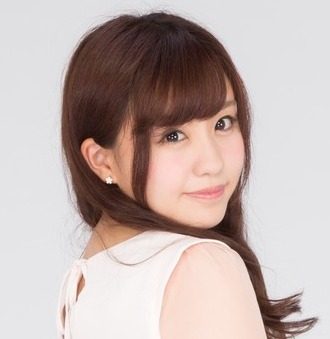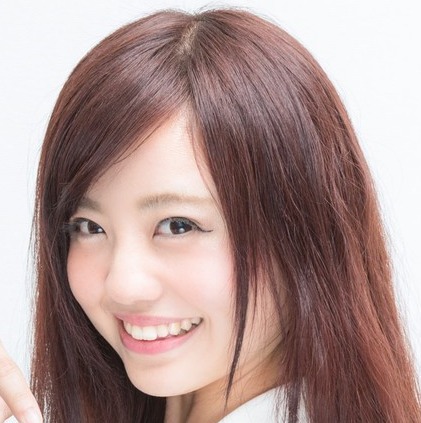12 Examples of Using “Happy(shiawase)” You Can Easily Use
Could you correctly explain your happiness to native speakers? And was that “私は幸せです。(watashi wa shiawase desu.)”? Which is one of the explanations of it. Let me introduce 12 examples of using “幸せ(shiawase)” you can easily use today!
幸せ (noun) / 幸せな(adjective)
Happiness / Happy
“幸せ(shiawase)” means “happiness” and which is a noun, 幸せな means “happy” and which is an adjective. When you feel happy, you could use the just simple word would be “幸せ!(I’m happy!)”. However, using this word in daily conversations is not so simple. You would be able to use “幸せな___(noun)” as well such as “幸せな人(a happy person)”, “幸せなカップル(a happy couple)”, “幸せな思い出(happy memories)” and etc.
Sample
あなたと一緒でわたしは幸せだよ。 (I’m happy with you.) (和你在一起我很幸福哦。) (너와 함께 있어서 난 행복해.) (Em rất hạnh phúc khi được ở bên anh.) (anata to issho de watashi wa shiawase dayo.)


幸せそうですね。 (You look so happy.) (你看起来很幸福呢。) (행복해 보이네요.) (Bạn trông hạnh phúc quá ha.) (shiawase sō desu ne.)


幸せになりたい。 (I wanna be happy.) (我想要幸福。) (행복해지고 싶어.) (Tôi muốn được hạnh phúc.) (shiawase ni naritai.)


今までで一番幸せかも? (I wonder I’m happier now than I’ve ever been.) (这一生最幸福的时刻吧。) (지금이 제일 행복한지도 몰라.) (Có lẽ đây là lúc hạnh phúc nhất từ trước đến giờ.) (ima made de ichiban shiawase kamo?)


大学受験に合格して本当に幸せ! (I’m so happy that I passed the college entrance exam!) (我很高兴通过大学入学考试!) (대학 시험에 합격해서 정말 행복해!) (Thật hạnh phúc khi đỗ Đại học!) (daigaku juken ni gōkaku shite hontōni shiawase!)


お二人に、最高に幸せな人生を願って、カンパーイ! (I wish you two all the happiness in the world. Cheers!) (我希望我们两人幸福快乐得生活,干杯!) (두 사람의 죽을 만큼 행복한 인생을 위하여, 건배!) (Cùng nâng ly chúc cho đôi bạn có cuộc sống hạnh phúc ngập tràn nào.) (o futari ni, saikō ni shiawase jinsei wo negatte, kanpāi!)


あなたが幸せなら、わたしも幸せだよ。 (If you are happy, I’m also happy.) (如果你幸福,我也就幸福。) (네가 행복하면 나도 행복해.) (Chỉ cần em hạnh phúc thì anh cũng hạnh phúc.) (anata ga shiawase nara, watashi mo shiawase dayo.)


ほら?よく言うじゃん、笑顔は幸せを呼ぶって。 (Well, many people say smiles bring happiness.) (看吧!说的没错吧,爱笑的人总会有好运。) (왜, 다들 그러잖아. 웃으면 행복이 온다고.) (Thấy chưa! Không phải người ta thường nói nụ cười mang đến hạnh phúc sao.) (hora? yoku iujan, egao wa shiawase wo yobu tte.)


大好きなケーキを見たら幸せな気持ちになったー。 (When I saw a cake that I love, I felt happy.) (当我看到我最喜欢的蛋糕时,我很高兴。) (제일 좋아하는 케익을 보니까 행복해졌어.) (Nhìn thấy bánh kem yêu thích là tôi liền cảm thấy hạnh phúc.) (daisukina kēki wo mitara shiawase na kimochi ni natta-.)


幸せそうな人と付き合いたいな。 (I wanna date a happy-looking person.) (我想和一个快乐的人交往。) (행복해 보이는 사람과 사귀고 싶어.) (Tôi muốn hẹn hò với người trông lúc nào cũng hạnh phúc.) (shiawase sōna hito to tsukiaitai na.)


さくらって幸せいっぱいの人生っぽいよね。 (Sakura looks like she’s been spending a life filled with happiness.) (SAKURA似乎是个生活充满幸福的人。) (사쿠라의 인생은 행복이 가득한 것 같아.) (Hoa anh đào giống như một đời người tràn đầy hạnh phúc nhỉ.) (Sakura tte shiawase ippai no jinsei ppoi yone.)


子供って幸せでいっぱい。 (Children are full of happiness.) (孩子们充满了快乐。) (아이들은 늘 행복이 가득해.) (Làm trẻ con có rất nhiều điều hạnh phúc.) (kodomo tte shiawase de ippai.)
\ Learn more! /









Comments